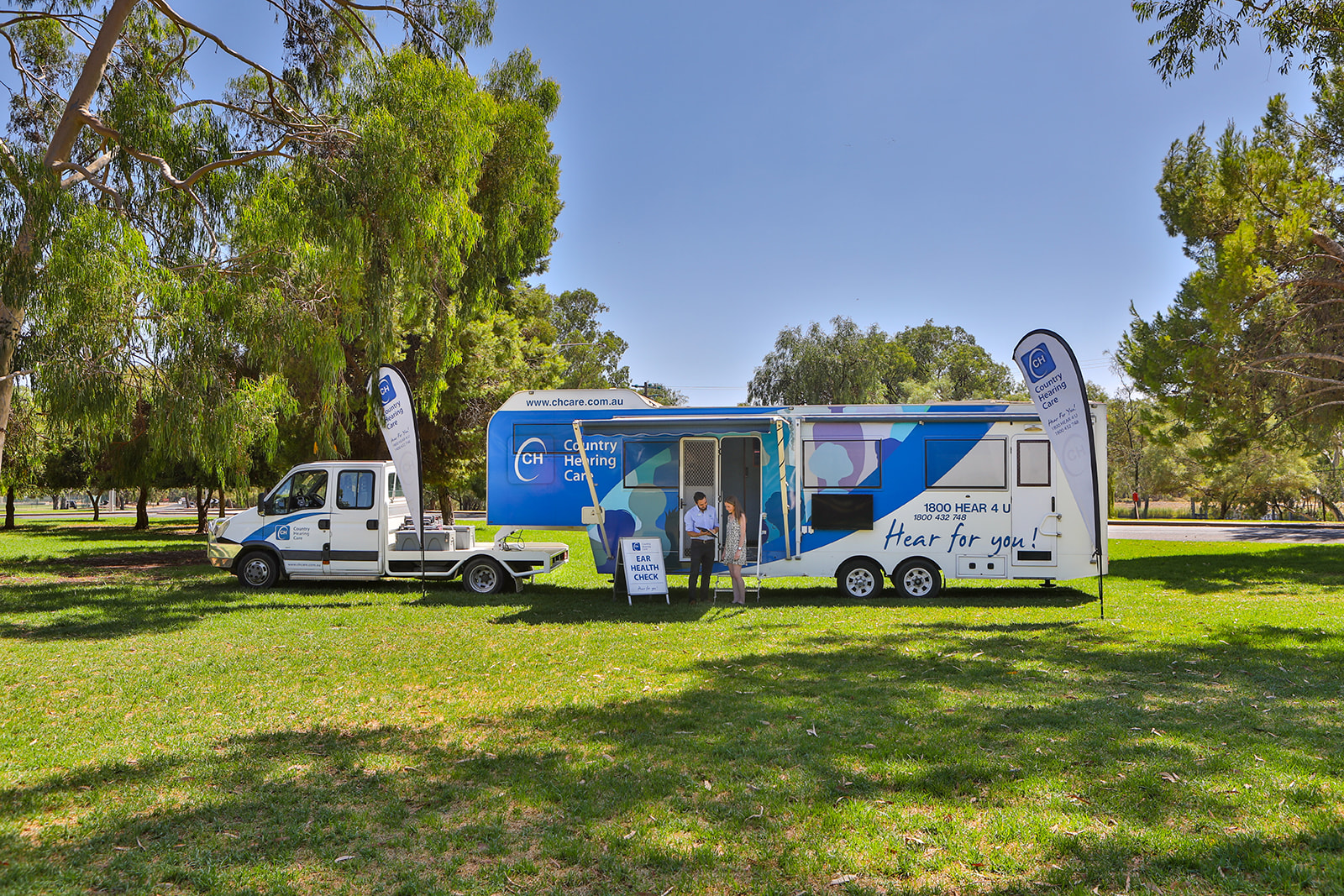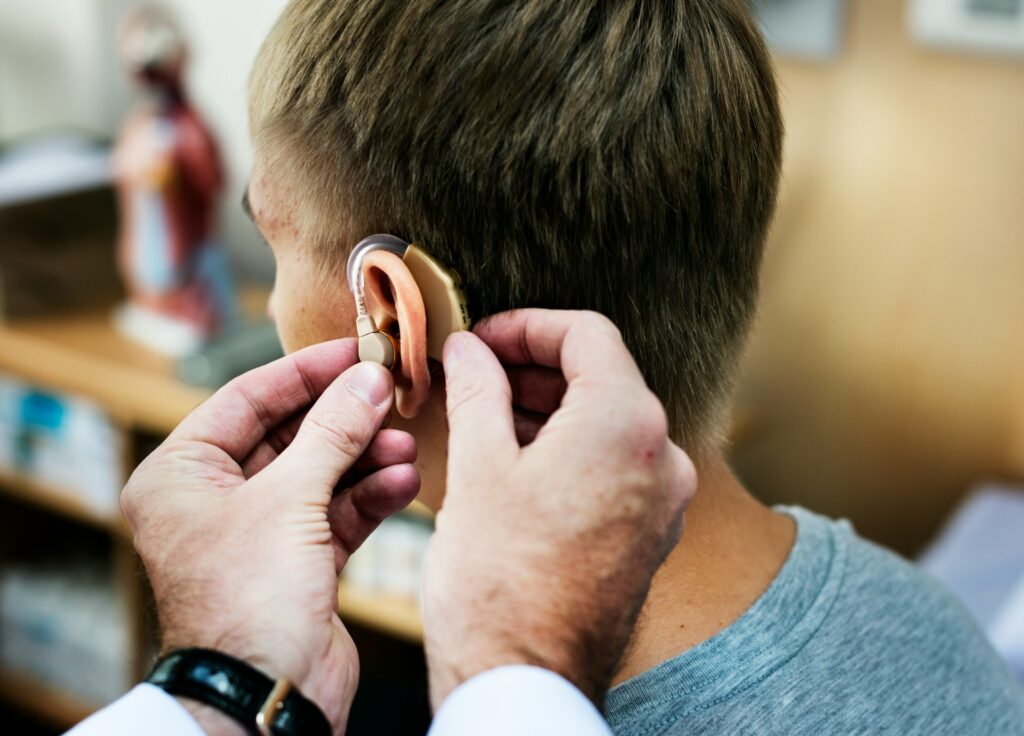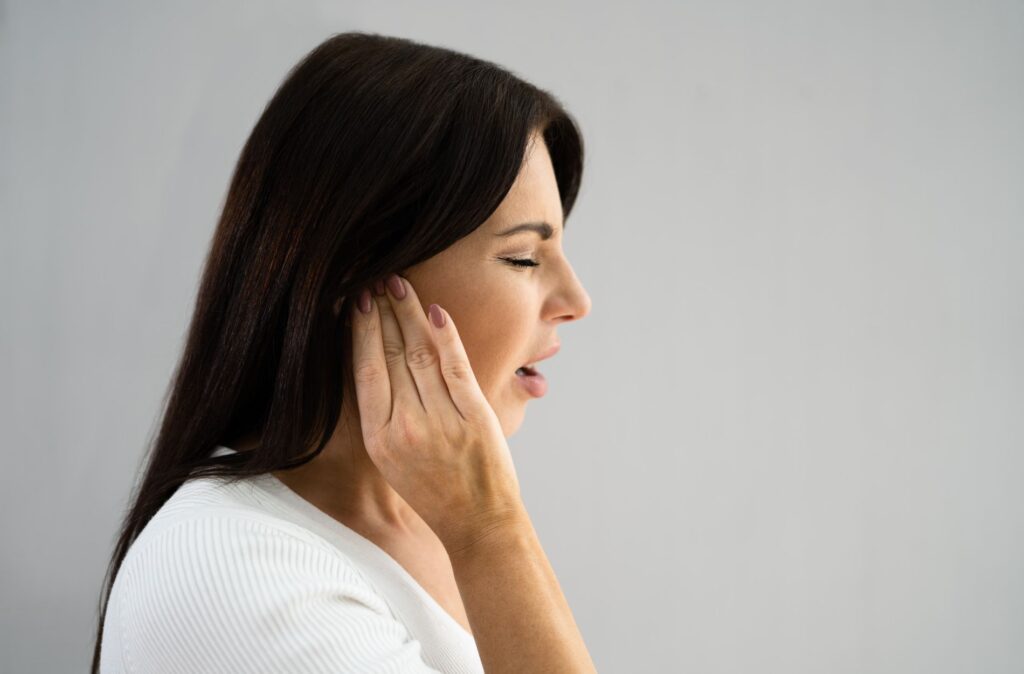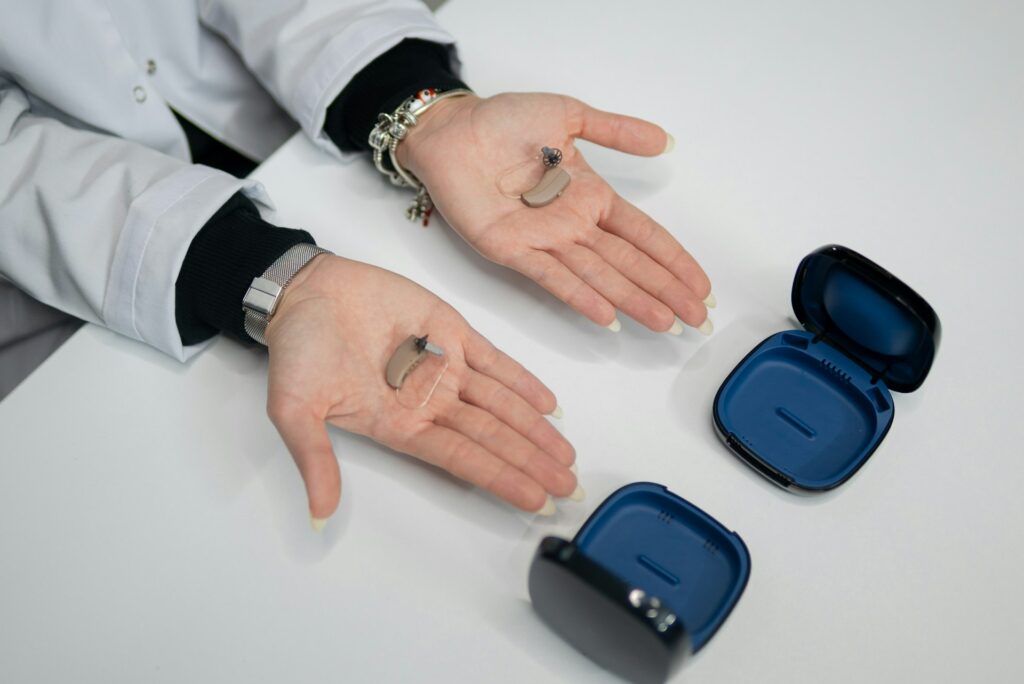One in six Australians suffers from some sort of hearing loss, according to the Hearing Care Industry Association (HCIA). One-third of these people’s hearing loss is due to preventable causes such as noise exposure without hearing protection.
Many Australians with hearing loss don’t seek the proper treatment for this medical problem. Some are simply unaware of the options available to them whilst others cite the cost of hearing care as an issue.
Hearing subsidies can help to manage the cost of hearing care in Australia. Thanks to government funding, many pensioners and certain other groups qualify for free or subsidised hearing aids.
Read on to discover the benefits of affordable hearing aids, and discover whether you may be eligible for government assistance.
Benefits of Hearing Aids
A hearing aid is a small electronic device, usually worn in or behind the ear. It is powered by a small battery and can also be rechargeable. It uses a microphone to pick up outside sound and send it through a loudspeaker. This speaker is inserted into the ear and we enjoy the benefits of amplification!
Hearing aids were once large, unwieldy, and required frequent battery changes. Advances in technology have made hearing aids much more effective than they were even ten years ago. Now many hearing aids are nearly invisible when worn, and much more effective at amplifying sound.
According to the HCIA, only one in four people who need a hearing aid have one. Most people also wait until their hearing loss is severe before seeking help. Though hearing loss may be mostly irreversible, there are still many benefits to seeking treatment early.
Pensioners and veterans are the two largest groups who frequently suffer from hearing loss, however, hearing loss is trending upward in all groups, particularly young people. A test may still be beneficial even if you have not noticed any change in your hearing.
Am I Eligible for Hearing Subsidies?
The Australian Department of Health provide fully subsidised Hearing services through their Hearing Services Program. Not everyone is eligible for hearing subsidies. Your eligibility depends on criteria determined by your client group. This refers to groups such as older Australians, veterans, and Aboriginal and Torres Strait Islander Peoples.
To be eligible for hearing subsidies, in any case, you must be an Australian citizen or permanent resident.
Australians/Pensioners
Australians must hold a Pensioner Concession card or be referred by a disability employment case manager (also eligible as a dependent of one of the above.) Members of the Australian Defence Force are also eligible for access to the Hearing Service Program.
Veterans
Veterans are eligible for hearing subsidies with a Department of Veterans Affairs (DVA) Gold Card, a DVA White Card that includes hearing loss, or a DVA Pensioner Concession Card.
Spouses or dependents of veterans are also eligible.
Hearing Subsidy Process
You no longer require a referral from you GP for a hearing test and can simply call or book online for an assessment.
You can then receive a comprehensive hearing assessment for free if you qualify for subsidies. These hearing tests are important to do regularly even if you are not recommended hearing aids on your first visit. Hearing, particularly in older people, can deteriorate over time. Regular visits will allow your hearing health centre to track the rate of hearing loss should it occur.
If you have issues with your ears you may require to get medical clearance from your GP before progressing to fitting hearing aids.
Costs and Options
If your hearing care centre does determine you need hearing aids, there are several levels and prices to choose from.
Basic hearing aids are free to eligible patients. These devices meet a certain amplification requirement and are guaranteed to help your hearing.
However, many patients choose more advanced hearing aids with more advanced features such as noise management, Bluetooth connectivity, or rechargeable batteries or a smaller size of device.
One example is Receiver In Canal (RIC) hearing aids. These are much smaller and more discrete than basic free hearing aids. They account for around 80% of hearing aid sales in the private market but are not offered on the free level.
With a government subsidy, these more advanced hearing aids range in price from $225 to $2500 each. Our specialists can guide you through the different levels of hearing aids to determine which is appropriate for your needs.
Our clinicians do not receive commissions or have sales targets for hearing aid sales, so there is no need to worry about being pressured to spend extra money. Rather, they can ethically guide you through the features of each hearing aid within your budget.
Hearing Accessories
We may find that your hearing has deteriorated somewhat, but there is not a need for a hearing aid fitting at this time. In this case, we offer several assistive listening devices for example, wireless Headphones for the TV.
Eligible veterans could be entitled to receive these devices or hearing aid upgrades for free. If you are a veteran, talk to one of our clinicians or your local DVA to find out more.
Whatever happens, make sure to come back for hearing tests regularly to make sure that your hearing is not getting worse. Tests are completely free to eligible patients.
Find Out More About Hearing Care
At County Hearing Care, we offer a range of hearing services for all ages. Hearing is one of our most important senses. A simple hearing test could lead to a real positive change in your life.
Patients with hearing aids often report feeling happier and more engaged with the world around them. Hearing loss can lead to social isolation and difficulty navigating certain situations.
Especially with the help of hearing subsidies, hearing care can increase your confidence and ability to get around, no matter your age.
Contact us today to schedule a hearing test. We're happy to guide you through the hearing care options that work best for you.










